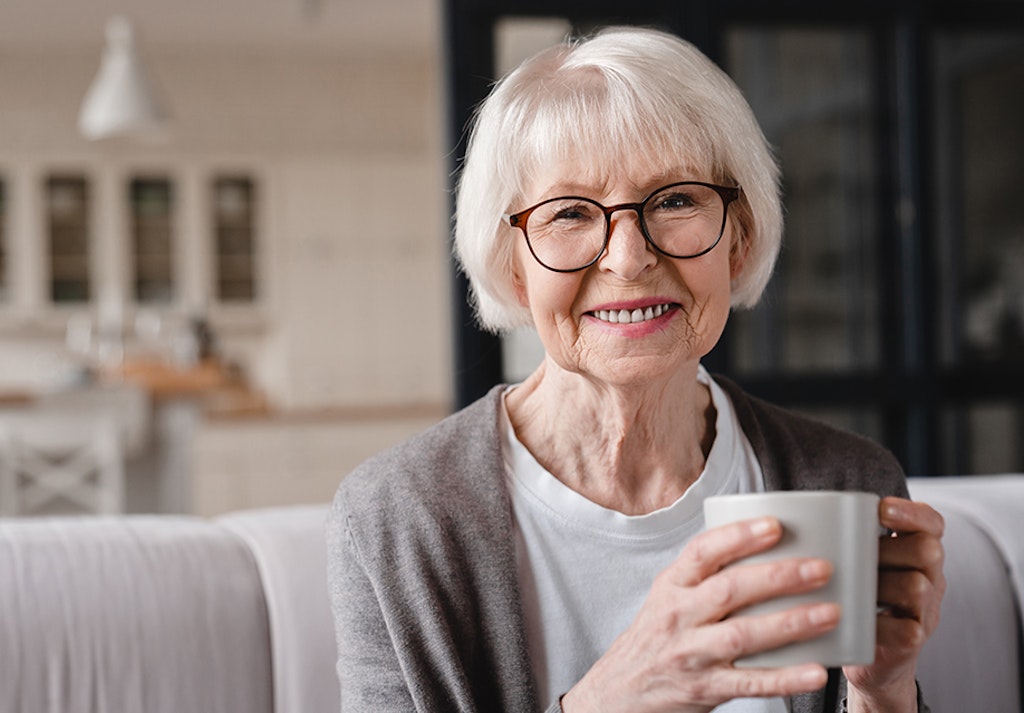Safety at home with a human touch is the solution to the challenges of an ageing population.

Emma Clark GUEST CONTRIBUTOR
Hello Leaders - Marketing Manager
Last updated on 21 June 2023

The Australian population continues to age, with one in every six Australians aged over 65 years1. This makes the need for aged care and support services a priority, but the aged care industry is struggling under the weight of post-Royal Commission regulation changes and rampant understaffing.
With a shortage of residential aged care beds putting stress on our hospitals and healthcare system, the industry needs to look elsewhere to service the needs of older populations. With over 95% of Australians aged over 65 living in households1, products and services that promote health, safety and wellbeing at home are paramount.
“Older Australians are one of our most vulnerable populations but are also fiercely independent and want to live in their own homes” says Lyn Davies, Managing Director of connected healthcare provider Tunstall Healthcare. “They want to live happier, healthier lives but avoid residential aged care and hospitals wherever possible” she continues.
Tunstall Healthcare are providers of connected healthcare solutions that support independence and play a key role in helping older people live safely and independently in their own homes. For many, the adoption of care technologies (such as mobile personal alarms or fall detectors) can make the difference between staying in one’s home versus having to go into hospital or residential care.
1.3 million older Australians living at home need some assistance with everyday activities1, and Tunstall Healthcare helps bridge the gap between need and resource. “We work with hospital discharge departments and healthcare services to support individuals wishing to remain in their own homes after an injury or illness” says Davies. “We can implement devices and technology to monitor the safety of individuals in their own homes and provide proactive communication in the form of wellness checks to get ahead of issues before they arise” she continues.
Falls are a key issue for older Australians, with people aged 65 and over more likely to be hospitalised or die due to a fall compared with other ages. In fact, falls are Australia’s number one cause of injury and death, and falls requiring hospitalisation are more common in older people and most likely to occur in the home2.
Devices like fall detectors play an important role in raising the alarm and rallying necessary help and services if an individual is unable to call for help themselves. Tunstall Healthcare monitors their devices 24/7, providing a valuable service for those that need it. “We help the industry by providing an intervention service, a service that gets people the help they need as quickly as possible. Because the longer it takes to get help when you’ve had a fall the more help you’re going to need to recover” says Davies. Elderly people recover slowly from hip fractures and are vulnerable to post-operative and bed rest complications. In around 25% cases, hip fractures result in death and of those who survive, around one third of them never regain complete mobility4.
Even when falls don’t cause a serious injury, they can have a detrimental effect on the confidence of an older person who may be fearful of future falls. This can have a negative impact on one’s independence as the individual may limit their movements or reduce their activity to avoid falls but has the effect of increasing their risk by not maintaining strength and agility3. It has been found that after falling, 48% of older people report a fear of falling and 25% report curtailing activities4.
By having a monitored home care solution in place, individuals can feel more confident moving around their home knowing that help is ready and waiting at the end of the line. “We’re there 24 hours a day, seven days a week. There’s always someone there at the end of the line” says Davies. “We can also help with social interaction. We don’t only do crisis calls, we also do welfare checks and sometimes we are the only voice someone is going to hear that day” Davies continues.
“We look after people” clarifies Davies. “A lot of other companies do similar work but do not specialise in managing people. The thing about personal emergency response services and 24/7 operations is making sure that the person on the end of the line is qualified to help the person in need” she continues. “Our staff are fully certified, approved to work in aged care and NDIS, and supported by a team of nurses who can offer health related advice and guidance if it is needed”.
The level of care provided is also a differentiator for Tunstall Healthcare. Says Lyn Davies, “Our team will stay on the line with you, while you wait for help to come. You will not be left alone, we are there as your support until such time as you no longer need us”.
Living and thriving at home in older age can be a reality when we embrace services and technologies that put the individual first, and approach care with empathy, quality and innovation. Tunstall Healthcare are showing that technology can make living independently much safer, but it is the human touch that makes it fulfilling.